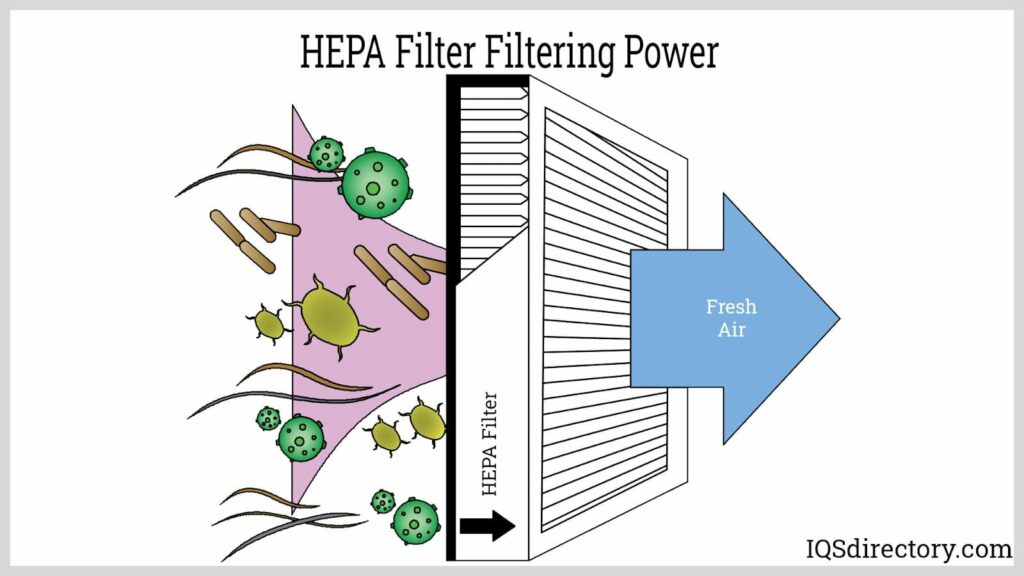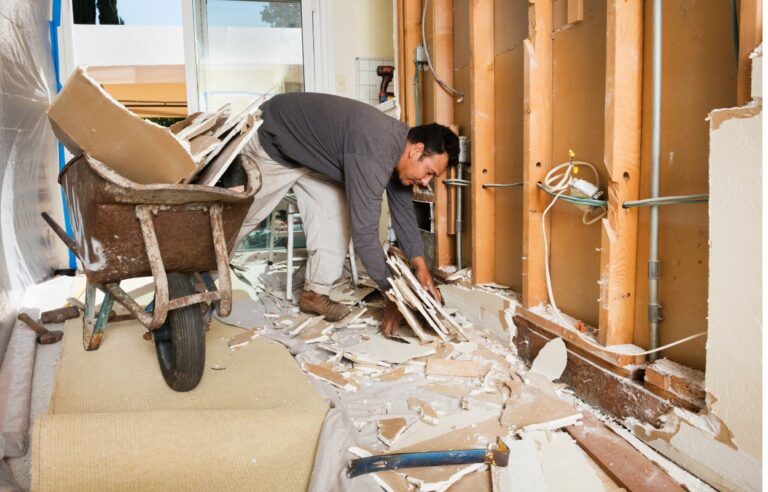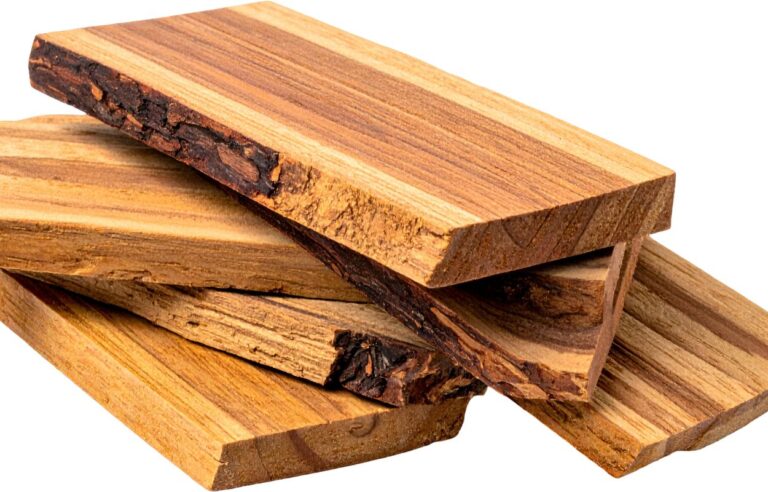The Importance of HEPA Filters in Maintaining Indoor Air Quality
High-Efficiency Particulate Air (HEPA) filters are essential components in maintaining superior indoor air quality. These filters are designed to capture a wide range of particles, including dust, pollen, pet dander, mold spores, and even bacteria and viruses. By efficiently trapping these contaminants, HEPA filters help reduce the risk of respiratory issues and allergies caused by poor air quality.
HEPA filters are commonly used in HVAC systems, vacuum cleaners, air purifiers, and other equipment to ensure that the air circulating indoors is clean and free of harmful particles. Their high level of efficiency in removing even microscopic particles makes them a popular choice for environments where air quality is a top priority, such as hospitals, laboratories, and clean rooms.
One of the key benefits of HEPA filters is their ability to improve overall health and well-being by reducing exposure to airborne pollutants. Individuals with respiratory conditions like asthma or allergies can greatly benefit from the use of HEPA filters in their homes or workplaces, as these filters help remove triggers that can exacerbate their symptoms.
Regular maintenance and replacement of HEPA filters are crucial to ensure optimal performance. Over time, HEPA filters can become clogged with captured particles, reducing their effectiveness. By following the manufacturer’s guidelines for filter replacement and performing routine maintenance, individuals can prolong the lifespan of their HEPA filters and continue to enjoy clean indoor air.
In conclusion, HEPA filters play a vital role in safeguarding indoor air quality and promoting a healthy living environment. Investing in HEPA filters for your home or workplace can have significant long-term benefits for you and your family’s health. Remember to prioritize proper maintenance to maximize the efficiency of your HEPA filters and ensure continued protection against airborne contaminants.
These filters are specially designed to capture tiny particles like dust, pollen, mold, and bacteria through a mat of intricately woven fiberglass fibers. The key strength of HEPA filters lies in their remarkable efficiency, capable of trapping particles as minuscule as 0.3 microns with an impressive 99.97% success rate. This exceptional performance distinguishes HEPA filters from other types in the market, making them indispensable in environments that demand pristine air quality like hospitals, clean rooms, and laboratories. It’s important to remember that regular replacement of HEPA filters is necessary to sustain their effectiveness as particle accumulation over time can diminish their filtering capabilities. Determining the replacement frequency relies on the specific usage and environmental conditions in which the filter operates. In essence, HEPA filters are a vital asset for promoting clean and healthy air in diverse settings, providing a crucial solution for maintaining optimal indoor air quality standards.
Deconstructors Demolition 2024-05-01





